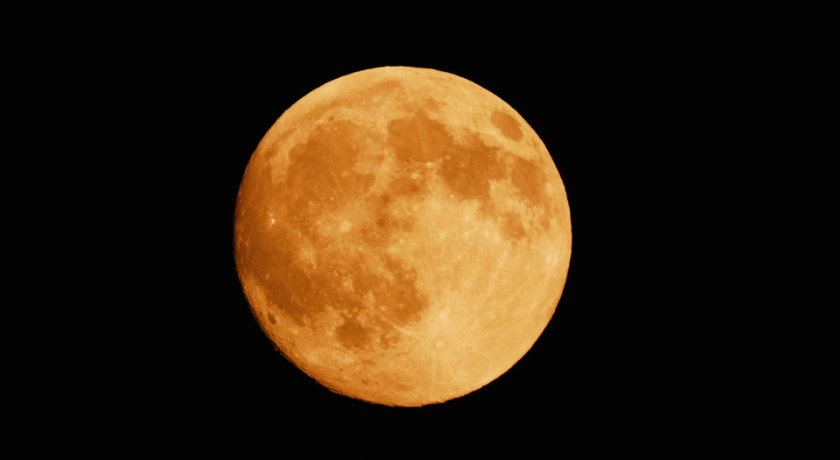Are you ready for the upcoming Harvest Moon on September 22nd? It’s a celestial event that has captivated minds for centuries, with ancient beliefs and folklore suggesting that the full moon can stir up intense emotions and provoke bizarre behavior. But what does science have to say about this lunar phenomenon? Let’s dive in and explore the truth behind the myth.
For generations, people have associated the full moon with changes in human behavior. The word “lunatic” itself stems from the belief that lunar cycles affect mental states. Even renowned British jurist William Blackstone once wrote about the connection between the moon’s phases and the ebb and flow of human reasoning. But while these historical accounts are intriguing, scientific evidence supporting a direct link between the full moon and intensified human emotions remains scarce.
So, what’s the verdict? Despite centuries of belief and intriguing historical accounts, the prevailing scientific evidence indicates that the full moon’s influence on human behavior and health is less significant than once thought. While some studies suggest associations between the full moon and changes in sleep patterns or cardiovascular conditions, the overall impact remains limited and varies among individuals.
As we eagerly await the Harvest Moon on September 22nd, let’s appreciate the beauty and wonder of this celestial event without succumbing to unfounded myths and superstitions. Whether you find yourself gazing at the moonlit sky or reveling in the festivities of the season, remember that the full moon’s power over our emotions and behaviors is more likely a product of our imagination than scientific reality.
Sources
https://www.timeanddate.com/astronomy/moon/harvest.html
https://www.healthline.com/health/full-moon-effects



